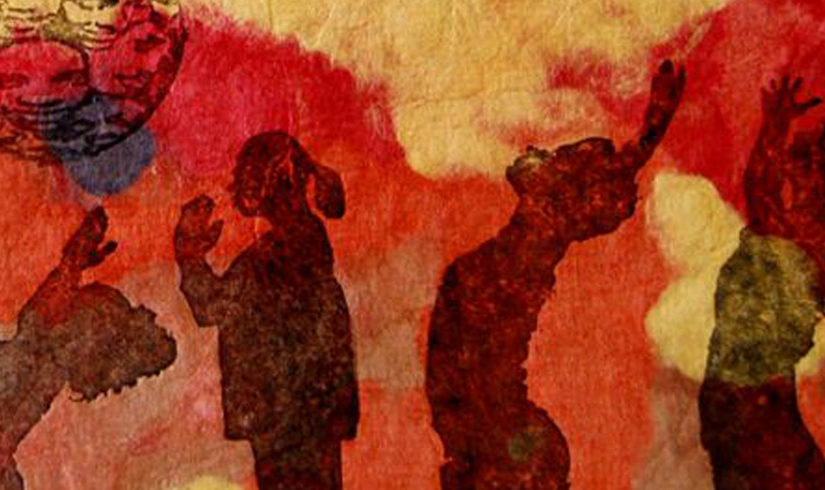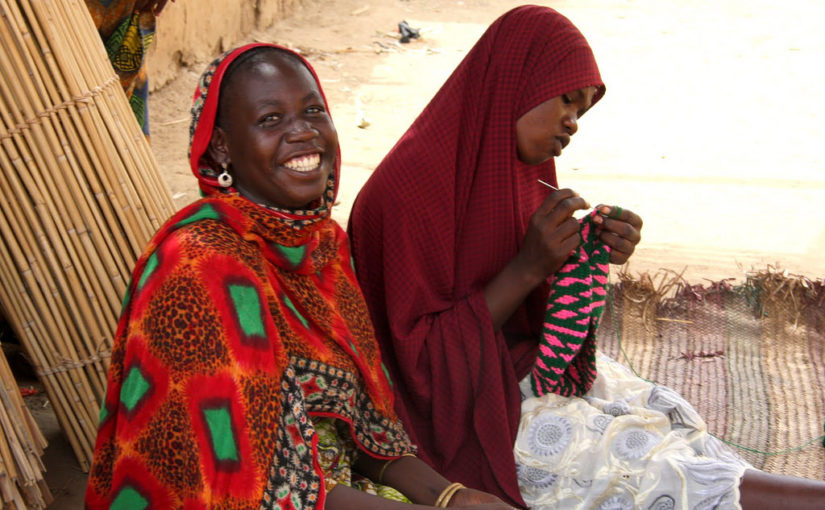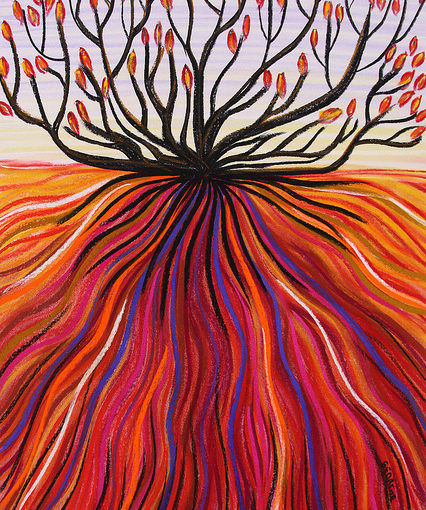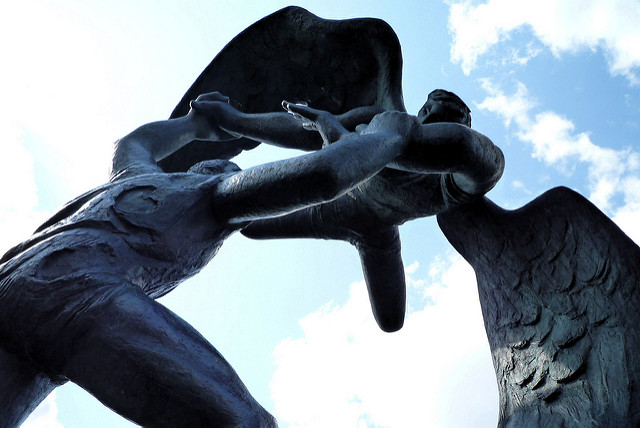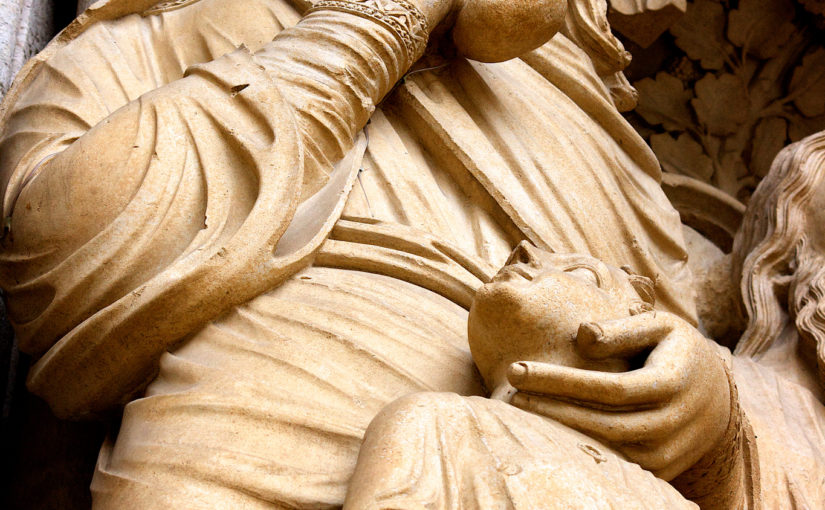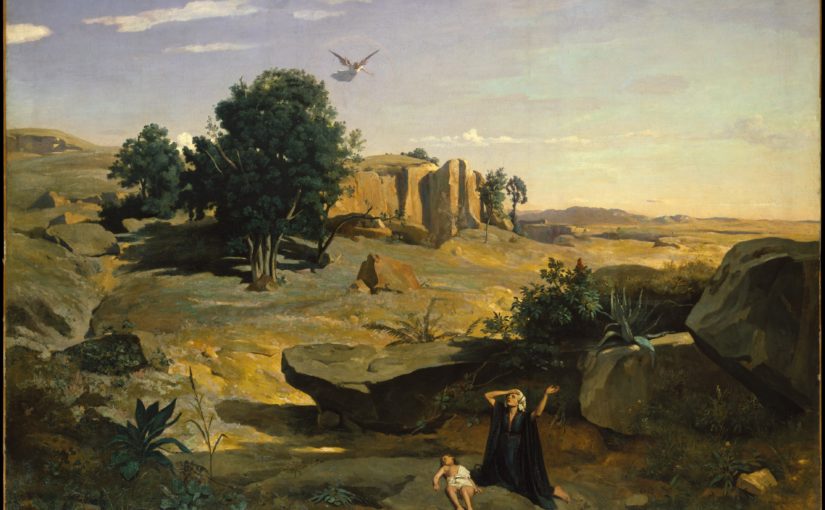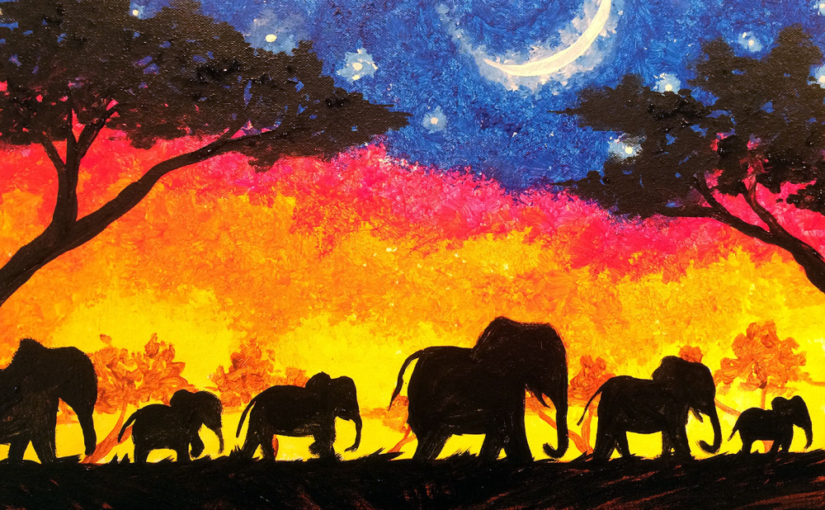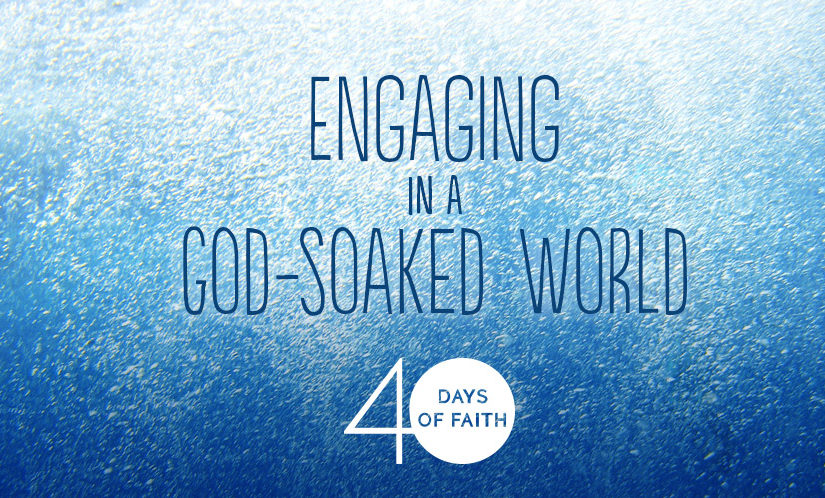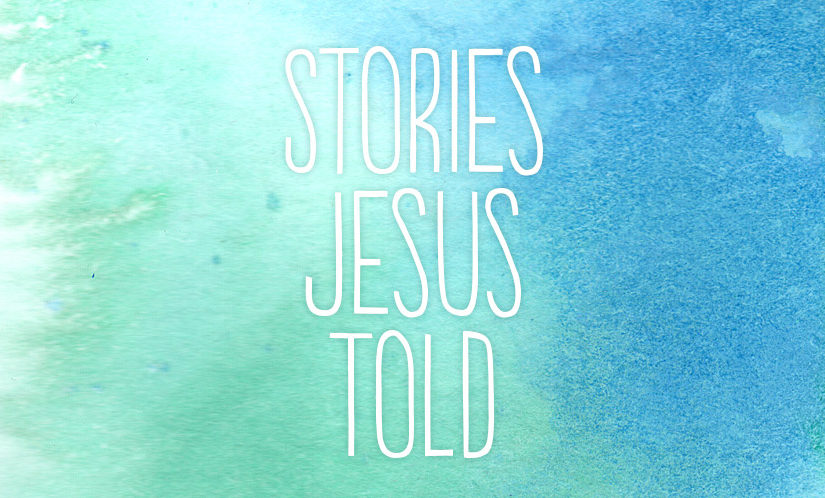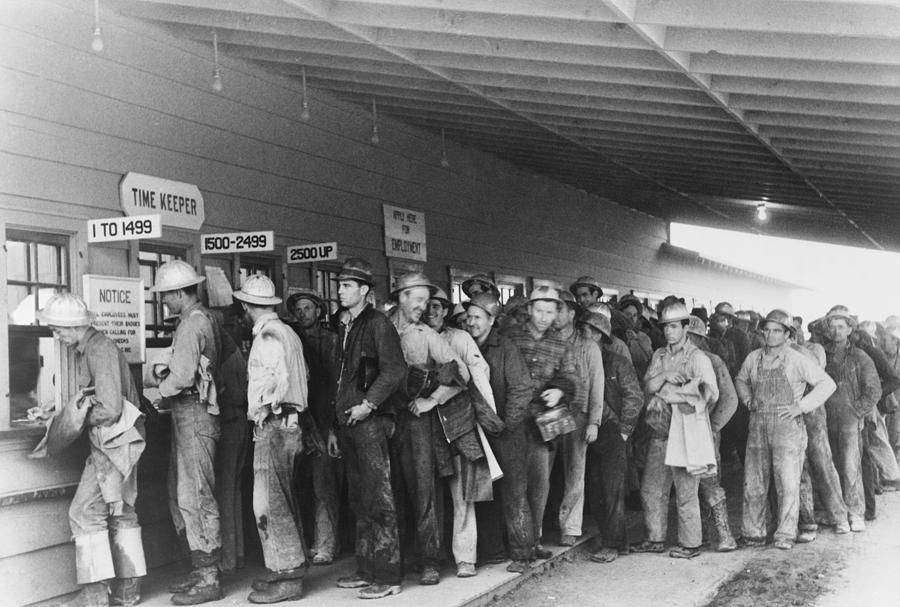Monday, March 13 – I Samuel 1:1-20
1 There was a certain man of Ramathaim, a Zuphite from the hill country of Ephraim, whose name was Elkanah son of Jeroham son of Elihu son of Tohu son of Zuph, an Ephraimite. 2 He had two wives; the name of the one was Hannah, and the name of the other Peninnah. Peninnah had children, but Hannah had no children.
3 Now this man used to go up year by year from his town to worship and to sacrifice to the Lord of hosts at Shiloh, where the two sons of Eli, Hophni and Phinehas, were priests of the Lord. 4 On the day when Elkanah sacrificed, he would give portions to his wife Peninnah and to all her sons and daughters; 5 but to Hannah he gave a double portion, because he loved her, though the Lord had closed her womb. 6 Her rival used to provoke her severely, to irritate her, because the Lord had closed her womb. 7 So it went on year by year; as often as she went up to the house of the Lord, she used to provoke her. Therefore Hannah wept and would not eat. 8 Her husband Elkanah said to her, “Hannah, why do you weep? Why do you not eat? Why is your heart sad? Am I not more to you than ten sons?”
9 After they had eaten and drunk at Shiloh, Hannah rose and presented herself before the Lord. Now Eli the priest was sitting on the seat beside the doorpost of the temple of the Lord. 10 She was deeply distressed and prayed to the Lord, and wept bitterly. 11 She made this vow: “O Lord of hosts, if only you will look on the misery of your servant, and remember me, and not forget your servant, but will give to your servant a male child, then I will set him before you as a nazirite until the day of his death. He shall drink neither wine nor intoxicants, and no razor shall touch his head.”
12 As she continued praying before the Lord, Eli observed her mouth. 13 Hannah was praying silently; only her lips moved, but her voice was not heard; therefore Eli thought she was drunk. 14 So Eli said to her, “How long will you make a drunken spectacle of yourself? Put away your wine.” 15 But Hannah answered, “No, my lord, I am a woman deeply troubled; I have drunk neither wine nor strong drink, but I have been pouring out my soul before the Lord. 16 Do not regard your servant as a worthless woman, for I have been speaking out of my great anxiety and vexation all this time.” 17 Then Eli answered, “Go in peace; the God of Israel grant the petition you have made to him.” 18 And she said, “Let your servant find favor in your sight.” Then the woman went to her quarters, ate and drank with her husband, and her countenance was sad no longer.
19 They rose early in the morning and worshiped before the Lord; then they went back to their house at Ramah. Elkanah knew his wife Hannah, and the Lord remembered her. 20 In due time Hannah conceived and bore a son. She named him Samuel, for she said, “I have asked him of the Lord.”
Points of Interest:
- The story of Hannah’s child Samuel is a prelude to the tales of Israel’s great kings; in our Bibles it comes right after the story of Ruth we looked at yesterday. Like Ruth, Hannah faces hard times. We’ve discussed the pain of infertility for Ancient Near Eastern women. For Hannah, this is magnified by comparison to her husband’s other wife, who has children. Her culture also has the perception – maybe shared by the narrator – that if you couldn’t have babies, it was a sign you weren’t favored by God.
- I find some comic relief in the two absolutely clueless men in this passage. Her husband Elkanah is well-meaning but obtuse – as if his extra food supply is supposed to make up for Hannah’s shame or her rival’s condescension. Later, when Hannah is praying in the temple, the priest Eli accuses her of drunkenness and almost throws her out. He’s apparently not used to seeing emotional passion or silent, extemporaneous prayer.
- The men in Hannah’s life tell her to behave and to be happy. Hannah’s dissatisfaction is viewed as inconvenient or unnecessary. Hannah doesn’t hear anything different directly from God. But the spiritual leader of Hannah’s community – after moving past his initial dismissal – wishes Hannah favor with God. Hannah chooses to trust this imperfect spiritual leader’s words as a hopeful message from God. She goes home in peace and is able to worship God – express her love and gratitude – before she sees any results.
- The narrator tells us that Hannah and that God had not forgotten her. In Hannah’s case, she doesn’t experience God speaking this to her in prayer or through an angel. She experiences God in the expression of her deepest desire in prayer, in the assuring words of the priest, in her worship, and in the answer to her prayer she experiences weeks later.
- While Hannah was praying, you may have noticed her bargaining with God. Her promise is that she will make her son a Nazirite, a person who is particularly dedicated to God. The background to this practice can be found in the biblical law code in Numbers 6. The lack of haircuts and abstention from alcohol are both signs of the period of dedication. In Numbers, this looks like a temporary and voluntary practice, but Hannah implies that she’ll dedicate Samuel to God’s service when he is very young, either for all of his youth or all of his life.
Taking It Home:
- Spiritual Exercise – God speaks through the deepest desires of our heart, where we long for growth, change, connection, and a fuller life. We’ve invited you during the 40 Days to name one of these desires and pray for it every day. Today as you do so, ask God to speak to you about what aspects of your desire God shares with you and wants to fulfill. Like Hannah, are there ways you can find peace and worship God even when you’re not yet sure how God will respond to your prayers?
- Prayer for your six – Pray that your six will have freedom to speak their desires to God as prayer, and pray that they will experience God responding to their prayer with love, attention, and change.


